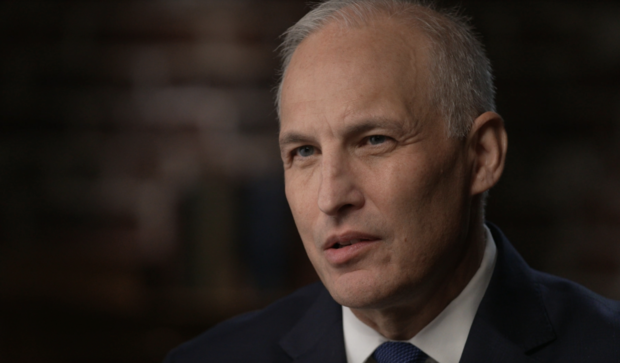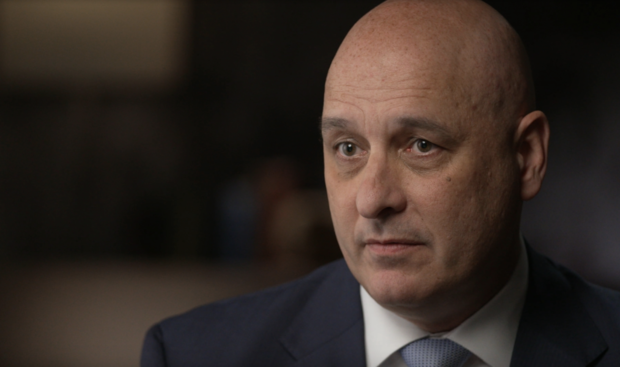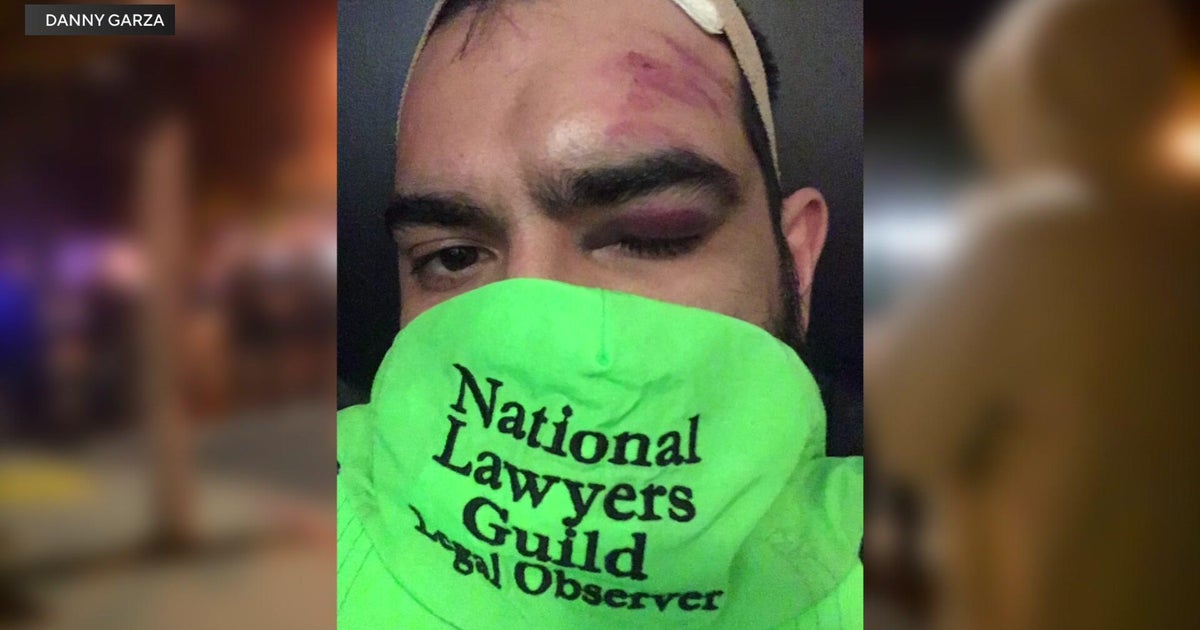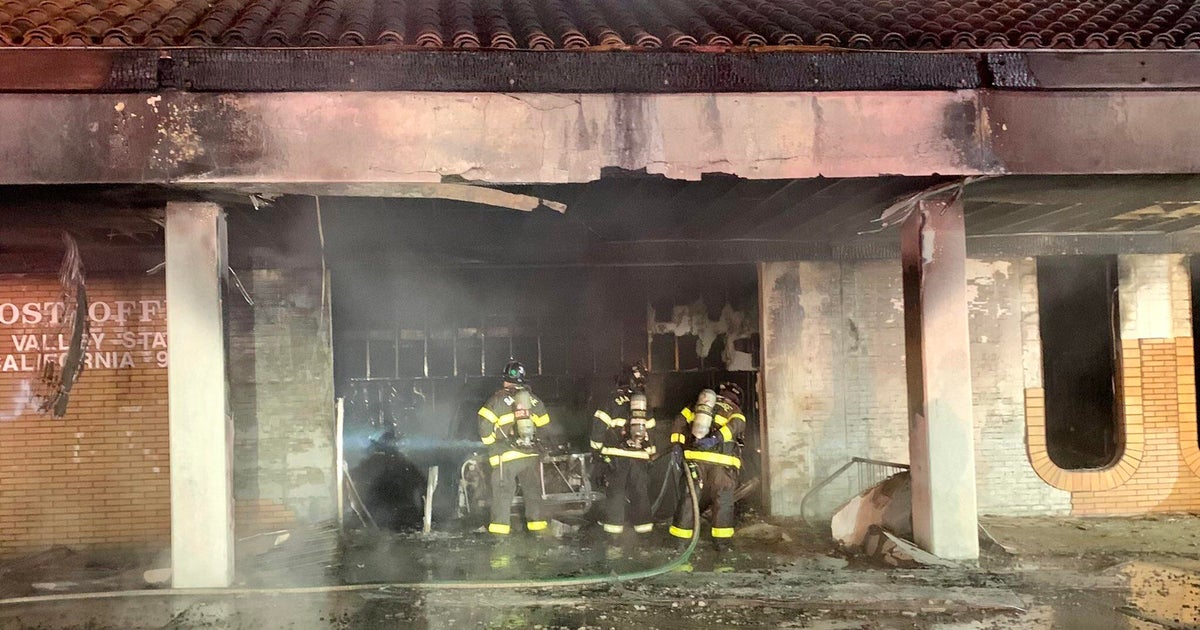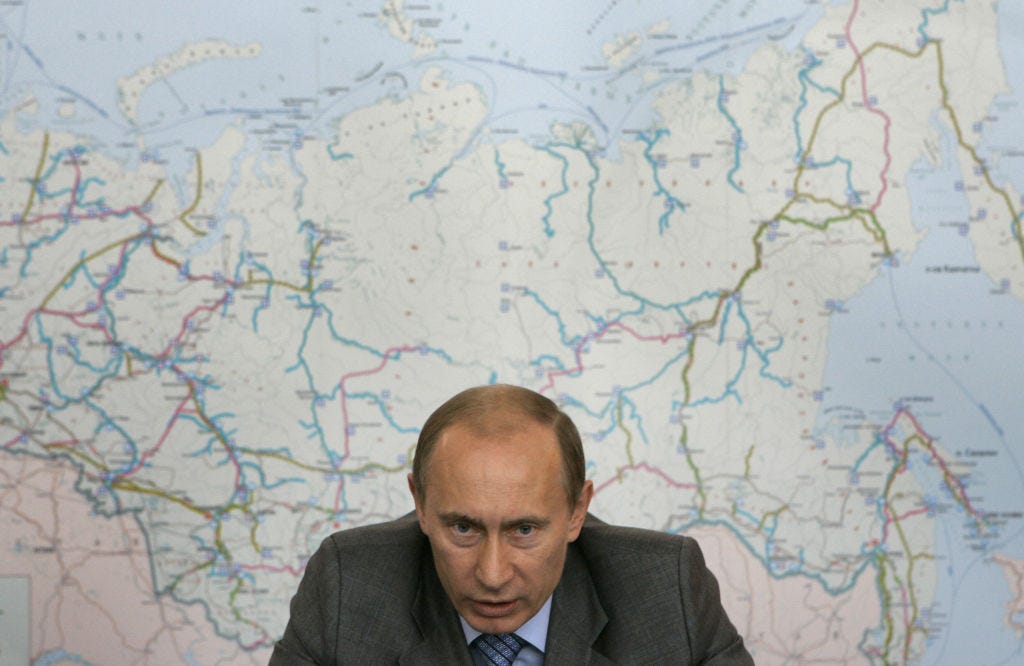Does Putin's deadly reach extend to the U.S.? One Justice Department official fears it might
Dozens of Vladimir Putin's enemies have suffered mysterious deaths in Russia and Europe and Matt Olsen, head of the National Security Division at the Justice Department, is concerned Russia's reach could extend into the U.S.
There have been falls from windows, poisonings and unsolved shootings outside the U.S., among other suspicious deaths. Inside the U.S., there have been attempts to interfere in elections, cyber attacks and actions putting critical infrastructure at risk, Olsen said.
"I don't think Putin is trying to hide his hand. I think quite the opposite," Olsen said. "I think… they're going after their critics: both to eliminate the critics but also to send a stark and chilling message."
Russian actions in the U.S.
Olsen's Justice Department team has prosecuted nearly 60 cases in U.S. courts related to Russian disinformation, sanctions violations and espionage since the Russian invasion of Ukraine.
"I think we should be very, very concerned about how aggressive Putin is being, in going after the United States as well as our allies," he said.
Olsen said it's clear there are Russian assets in the U.S. right now.
"They are engaged in repressing people who are critics of the Putin regime," he said. "And in between they're conducting foreign malign influence. They're attempting to interfere in our elections and our politics. They are carrying out cyber attacks and putting our critical infrastructure at risk."
Could Russia kill in the U.S.?
U.S. officials cannot rule out the potential of an assassination attempt on American soil, Olsen said.
"You can never rule out, I think, that something like that could happen in any country, given how aggressive Russia's intelligence services have been," he said. "I will say that it is a focus of us in the Justice Department and the FBI to do everything we can to prevent that kind of activity."
60 Minutes has learned that in one 2020 instance, Russian defector Aleksander Poteyev was followed and his car photographed in his Miami apartment garage by someone hired by Russian intelligence.
Alan Kohler, who served at the FBI as assistant director for counterintelligence until his retirement last year, was in charge of the team that was responsible for the Poteyev investigation.
Poteyev was a double agent working for the U.S. In 2010, a group of Russian spies was rounded up in the U.S. Kohler led the FBI team that surveilled them for years as they lived seemingly normal lives, all while passing intelligence back to Moscow. The case was the basis of the hit TV show "The Americans."
Poteyev was the spies' boss and ran the group of illegal agents from Moscow, until he gave their identities away to U.S. intelligence and defected to Miami. For that, Putin wanted him dead.
Investigative work by Kohler's team's led to Hector Fuentes, a Mexican man who'd studied in Russia and had a Russian family.
"Russia prevented his Russian wife from leaving the country, and in exchange for cooperation on that, Fuentes agreed to carry out some activities on behalf of the Russian intelligence services," Kohler said. "The main one of those was to rent an apartment in a particular apartment complex in Florida and then later to actually go there and do surveillance to locate the source's car."
In that case, Fuentes was arrested and pleaded guilty to acting on behalf of a foreign government. There was no harm done to Poteyev, but Kohler believes Russia could pull off a killing in the U.S. Poteyev is still alive and in hiding, sources told 60 Minutes.
The challenges in identifying possible Russian suspects
While an arrest was made in the Poteyev case, Kohler warns that Putin is fully capable of killing an enemy on U.S. soil.
"The decision to do something like that is a calculus that has to be done inside of Russia," he said. "And they have to determine, is the effort and the blowback they're going to get in the international stage worth the incremental benefit that they get from killing a certain individual?"
While Kohler said the FBI has the resources to fight back against Russia in the U.S., it can be very difficult to stop a determined assassin.
"So I don't want to make it seem like Russia is 10-foot-tall and bulletproof, because they're not but it's also…not hard to kill somebody," he said.
Thousands upon thousands of people fly in the U.S. from overseas every day and the FBI and the Department of Homeland Security cannot track each of those people, Kohler said.
"You know, it's possible that they could actually carry out those attacks without law enforcement, FBI, anybody else knowing about it," Kohler said.
If the Kremlin wanted an opponent killed in the U.S., they could also make it look like a suicide.
"And we could, we may never know. That's what makes it so hard. That's what makes this work so hard, the business of counterintelligence and trying to counter what other countries are trying to do, is they deliberately try to obfuscate and hide their efforts. So if they wanted somebody killed and they were, and they came in and did it without an intelligence tie, and he's maybe a conduit or a third party, it'd be very difficult to figure that out," Kohler said.
The Washington, D.C. death of vocal Putin critic Dan Rapoport could be one of those cases where Russia is trying to cover its tracks. Rapoport was a financier from Latvia with ties to Russia and Ukraine. He died after falling from his apartment building in 2022, about a mile from the White House.
His Russian business partner had died years earlier in a fall from his Moscow apartment that was caught on camera. Rapoport's manner of death is still considered undetermined by Washington, D.C. police and the case is still open.
Kohler said he was never briefed on the case when he was head of counterintelligence.
"My takeaway from Russia right now is, the U.S. took its eye off of Russia after 9/11 when we all pivoted, and really the world pivoted towards counterterrorism," he said. "But to dismiss them as an intelligence threat would be unwise for all of us to do."
He says Russia is still operating in a very dangerous way, with the same people in charge. Putin has, in many ways, been allowed to get away with his actions.
"He's been able to poison and kill his way around the world- for over a decade now with just some sanctions put on his government. But he's still in charge, and his behavior hasn't changed," Koshler said. "Did he get away with it? I mean, I think an objective observer has to say, 'Yes.'"

